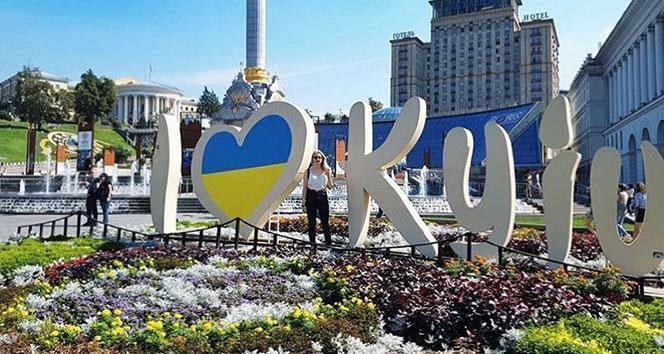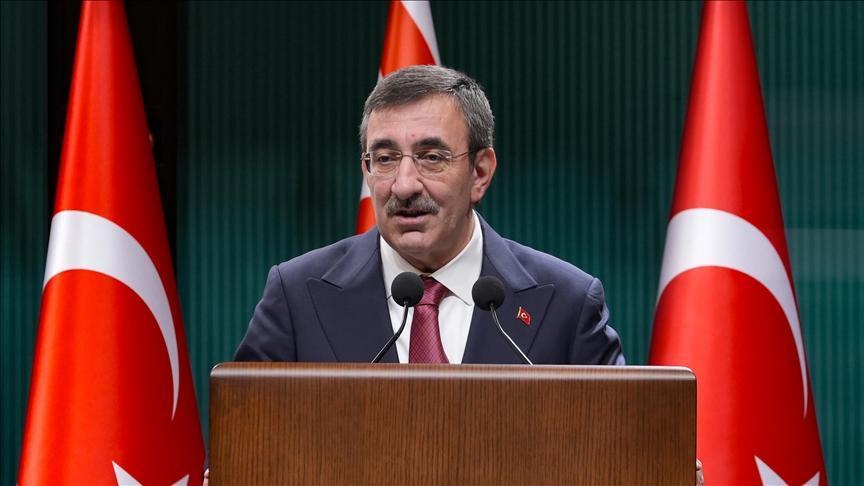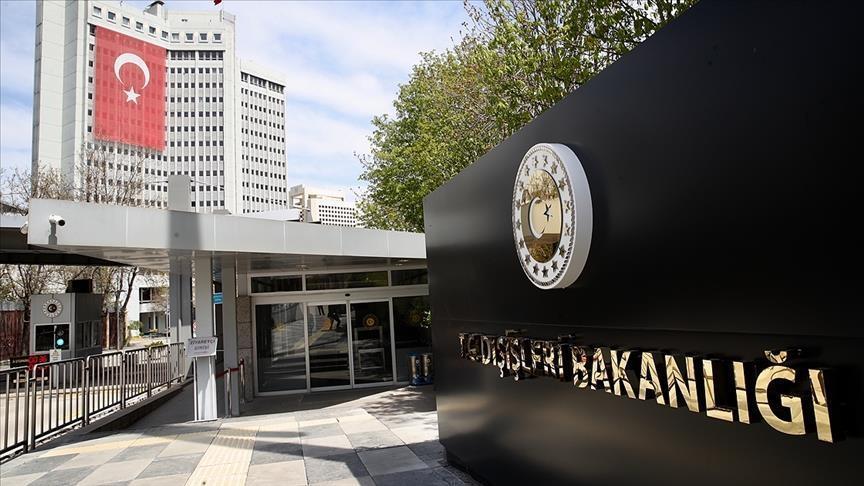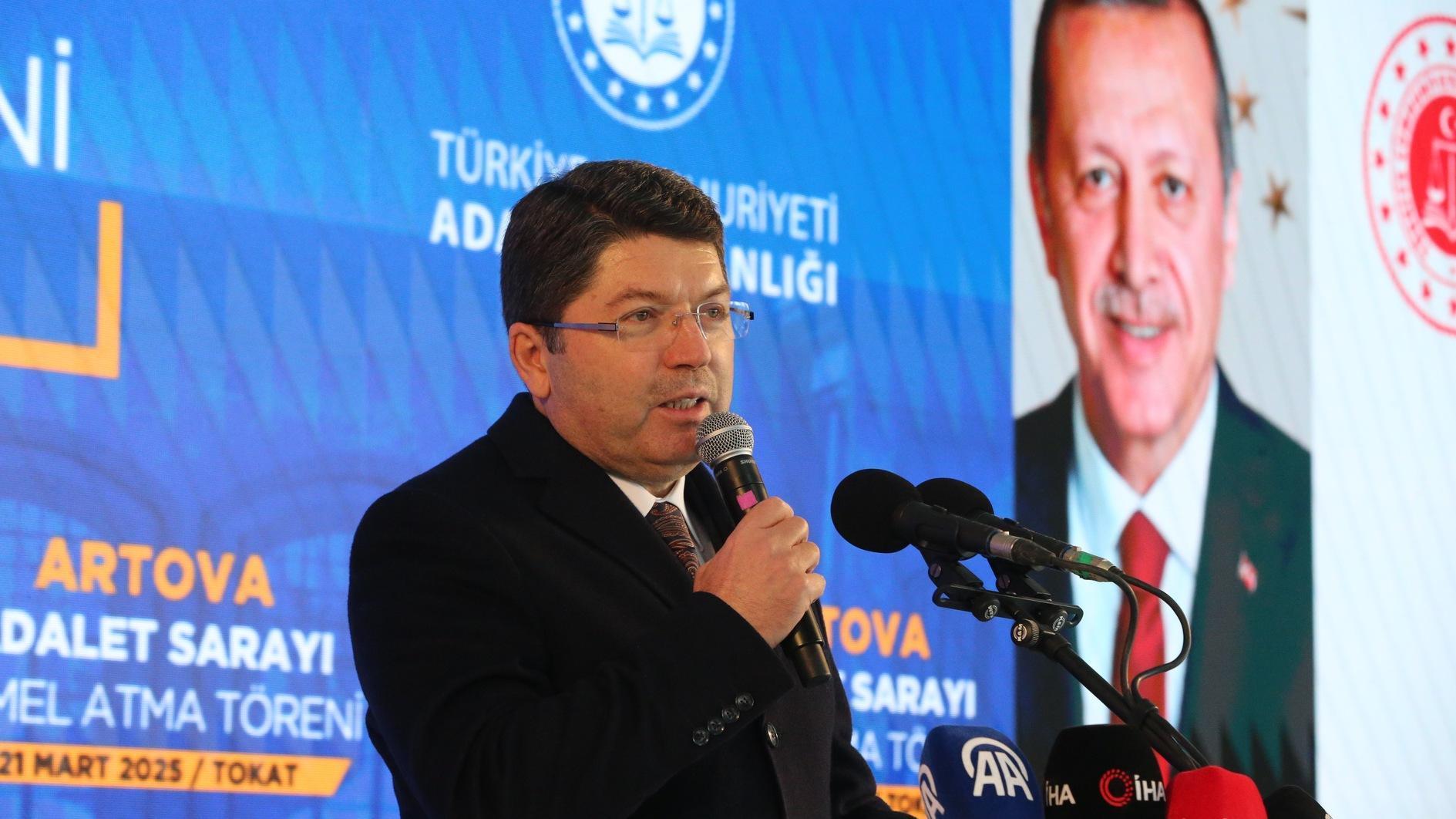Ukraine-Russia tension scares away Turkish tourists
ISTANBUL

The ongoing tension between Kiev and Moscow is taking its toll on tourism activity from Turkey to Ukraine and Russia, according to people from the industry.
Amid the conflict between those two countries, Turkish travelers are now avoiding major destinations in Ukraine and Russia, said Kemal Ertem, head of the Association of Turkish Travel Agencies (TÜRSAB).
“At the start of the year, some 7,000 people traveled to Kiev, Lviv [in Ukraine] and Moscow but in February no Turkish tourists visited those destinations. All tours scheduled for March 15 either have been canceled or postponed to a later date,” he said.
Visitor flow from Turkey to Ukraine did not stop even after the COVID-19 pandemic broke out, however the recent tension and talks of war intimidate and scare away Turkish travelers, according to Ertem.
“In the past, there would be tours to Ukraine all year long, even in the summer months. This time round, however, tours are being cancelled, and people are postponing their planned visits. Turkish tourists preferred Ukraine because they were not required a visa to enter the country.”
The tension is hitting their businesses, said Murat Çelen, an official from a Turkish tour operator.
“In December, January and February last year, we sold tours to 200 people, but this year only we sold those tours to 50 to 75 people,” Çelen said.
Meanwhile, hoteliers and businesses in the province of Antalya are also concerned about the possible fallout from the Ukraine-Russian tension.
Some 4 million Russians and 1 million Ukrainians visit the province and the ongoing row may spell trouble for the local tourism industry if it escalates further, said Davut Çetin, head of the Antalya Chamber of Commerce and Industry (ATSO).
Thanks to the strong interest from Ukrainian and Russian holidaymakers, foreign tourist arrivals in the city increased by 164 percent last year from 2020, Çetin noted.
















